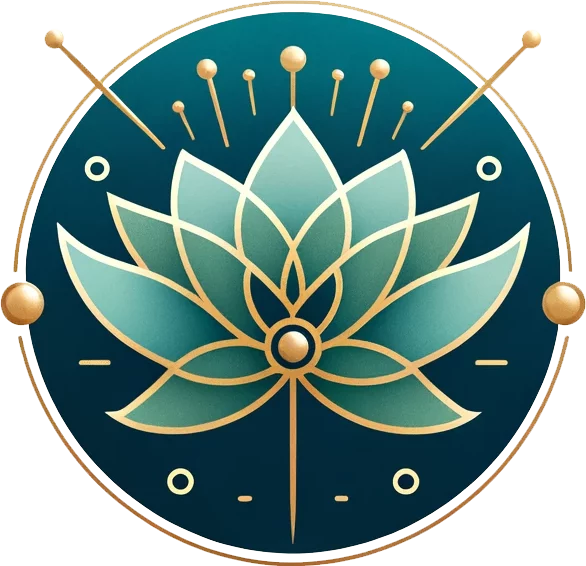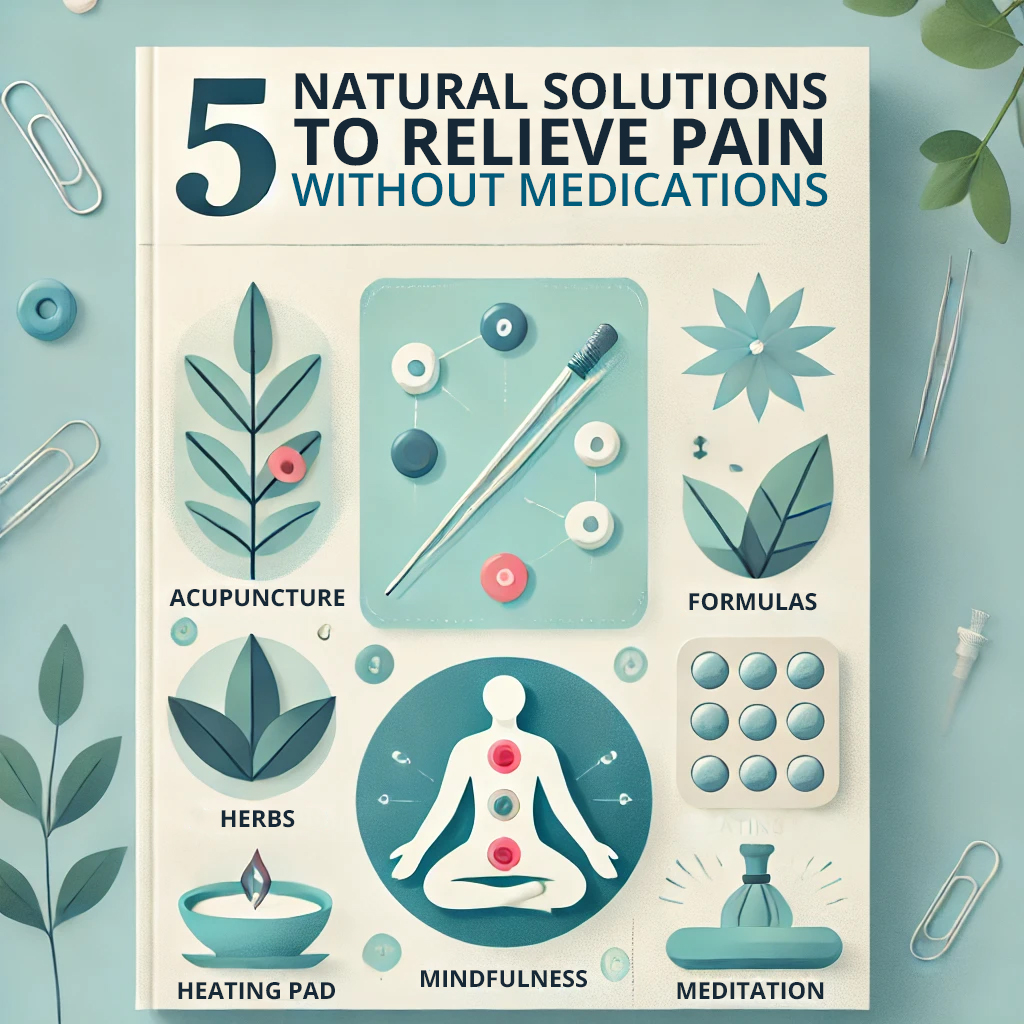You’re likely no stranger to the debilitating symptoms of uterine fibroids, such as heavy and prolonged menstrual periods, pelvic pain, and frequent urination. In St. Petersburg, alternative approaches to managing these symptoms exist, empowering you to take control of your reproductive health. Holistic treatment options like dietary changes, stress reduction techniques, and acupuncture can help alleviate symptoms. By exploring alternative approaches like selective progesterone receptor modulators, uterine artery embolization, and lifestyle modifications, you’ll discover a more thorough understanding of your options. As you move forward, you’ll uncover even more ways to harmonize your body and mind, leading to a more balanced and fulfilling life.
Key Takeaways
- Alternative approaches to uterine fibroid management in St. Petersburg include holistic treatments like acupuncture, dietary changes, and stress reduction techniques.
- Lifestyle modifications, such as weight management and regular physical activity, can help reduce fibroid growth and alleviate symptoms.
- Selective progesterone receptor modulators (SPRMs) and GnRH agonists can regulate hormone levels, offering a non-surgical treatment option for fibroids.
- Minimally invasive procedures like uterine artery embolization (UAE) target fibroid tissue without large incisions, providing a safe and effective treatment approach.
- Empowerment through education about uterine fibroids, symptoms, and treatment options enables patients to make informed decisions about their care.
Understanding Uterine Fibroid Symptoms
Approximately 70-90% of women will experience uterine fibroid symptoms by age 50, and you may be one of them. These symptoms can greatly impact your daily life, making it essential to understand what you’re experiencing. The most common symptoms of uterine fibroids include heavy and prolonged menstrual periods, which can lead to anemia. You may also experience severe pelvic pain that can radiate to your lower back, making everyday activities a challenge. Fibroid growth can cause firm masses felt in the pelvic region, leading to frequent urination and pain during intercourse. Abnormal bleeding, including spotting between periods, is frequently reported, and may occur alongside painful periods. Additionally, herbal medicine expertise aligns with Traditional Chinese Medicine and can be an effective approach to addressing these symptoms. You might be experiencing lower back pain, which can also contribute to infertility issues. By recognizing these symptoms, you can take the first step towards seeking holistic care and management options that prioritize your well-being. Uterine fibroids don’t have to dictate your life; understanding your symptoms is key to regaining control over your reproductive health.
Holistic Treatment Options Explained
Embracing a holistic approach to uterine fibroid management, you can take control of your symptoms and overall well-being. By incorporating dietary changes into your lifestyle, you can manage symptoms and support overall health. Focus on increasing your intake of fruits, vegetables, and whole grains while reducing red meat and processed foods. Stress reduction techniques, such as yoga and meditation, can help promote relaxation and hormonal balance, ultimately alleviating symptoms. Moreover, managing stress and anxiety through techniques like acupuncture traditional acupuncture can also help reduce symptoms. Additionally, you may consider alternative therapies like acupuncture, which has been shown to alleviate pain and heavy menstrual bleeding associated with fibroids. Herbal remedies like green tea and turmeric may have anti-inflammatory properties that can help reduce inflammation and pain linked to fibroid growth. Regular physical activity is also vital, not only for weight management but also for balancing hormones, potentially reducing the growth and symptoms of uterine fibroids. By exploring these holistic treatment options, you can find a personalized approach that suits your unique needs and promotes overall wellness.
Alternative Approaches to Fibroid Care
In your journey to manage uterine fibroids, you’re likely exploring alternative approaches that go beyond traditional surgery. Fortunately, there are several options available that prioritize your overall well-being and offer effective symptom relief. Acupuncture, a holistic method for stress reduction and relaxation, can also complement fibroid management reducing anxiety and depression. Lifestyle modifications like weight management and dietary changes may reduce fibroid growth, as obesity and a diet high in red meat are associated with increased risk. By considering these alternative approaches, you can take a proactive role in your care, empowering yourself to make informed decisions about your treatment. By exploring these options, you can find a compassionate and holistic approach to managing your uterine fibroids.
Lifestyle Changes for Fibroid Management
As you explore alternative approaches to fibroid care, you’re likely considering ways to modify your lifestyle to better manage your symptoms. By adopting a diet rich in fruits, vegetables, and whole grains, you can help manage fibroid symptoms and overall health. Limiting red meat and processed foods can also contribute to a healthier you. Additionally, incorporating digestive-friendly practices, such as regulating energy flow, can also aid in symptom management. Regular physical activity can aid in weight management and reduce estrogen levels, potentially decreasing the growth of uterine fibroids. Maintaining a healthy weight is vital, as obesity is linked to higher estrogen levels, which can exacerbate fibroid development.
Additionally, incorporating stress management techniques like yoga and meditation can help reduce hormonal imbalances associated with fibroid growth. Limiting alcohol and caffeine intake can also help manage fibroid symptoms, as these substances can contribute to hormonal fluctuations. By making these lifestyle changes, you can take a proactive approach to managing your fibroid symptoms and maintaining fertility. By prioritizing your overall health and well-being, you’ll be better equipped to navigate the complexities of uterine fibroid management.
Empowering Patients With Education
Throughout your journey with uterine fibroid management, it is essential to understand that education is a powerful tool in taking control of your health. By knowing the facts about uterine fibroids, you’ll be better equipped to make informed decisions about your treatment. Did you know that up to 70-90% of women will develop at least one fibroid by age 50? Recognizing the symptoms of uterine fibroids, such as heavy menstrual bleeding and pelvic pain, will help you seek timely medical advice. Understanding the various treatment options, from watchful waiting to minimally invasive surgeries, will empower you to choose the best approach for your unique situation. You’ll also benefit from learning about the risk factors associated with fibroids, such as age, family history, and obesity. Additionally, exploring alternative approaches like acupuncture for pain relief may provide a safe and non-invasive solution for managing associated symptoms like back pain. This knowledge will motivate you to engage in preventive health measures and make informed decisions about your reproductive health. By educating yourself, you’ll feel more confident in your ability to manage your uterine fibroids and collaborate with your healthcare providers to achieve ideal wellness.
Frequently Asked Questions
What Are Alternatives to Surgery for Uterine Fibroids?
You’re seeking alternatives to surgery for uterine fibroids, and there are options! Consider non-invasive treatments like MRI-guided focused ultrasound, uterine artery embolization, and medication, as well as lifestyle changes and holistic approaches that prioritize your overall well-being and empower you to take control of your care.
What Is the Holistic Medicine for Fibroids?
As you begin this wellness journey, recall the wisdom of ancient Greek physician Hippocrates, “Let food be thy medicine.” In holistic medicine for fibroids, you’ll focus on balancing hormone levels through dietary changes, stress reduction techniques, and herbal remedies, empowering your body to heal naturally.
How Do You Treat Uterine Fibroids Without Surgery?
You explore non-surgical options, combining lifestyle changes like diet and stress reduction with integrative therapies like acupuncture and herbal remedies, while considering medications and MRI-guided focused ultrasound to alleviate symptoms and shrink fibroids.
What Is the New Treatment for Uterine Fibroids?
You’re exploring cutting-edge medical advancements for uterine fibroids, moving beyond traditional surgery. You’re discovering innovative options like MRI-guided ultrasound treatment, SPRMs, and robotic-assisted myomectomy, offering minimally invasive solutions to alleviate symptoms and restore your well-being.
Conclusion
As you take the reins of your uterine fibroid management, you’re no longer a passenger on a treatment merry-go-round. You’re the captain, charting a course that honors your body’s unique rhythms. By embracing alternative approaches, you’re not just treating symptoms, you’re weaving a tapestry of wellness that’s rich, vibrant, and uniquely yours.
Unlock Your Full Health Potential
At Elite Care Acupuncture & Alternative Medicine, we help you achieve optimal wellness through personalized, holistic treatments. Whether you’re seeking pain relief, stress management, or natural health solutions, our experienced team is dedicated to supporting your journey.
Connect with Us:
Address:
1105 7th Avenue North, Saint Petersburg, FL 33705
Phone: +1 (727) 606-8700
Website: www.EliteCare.clinic




